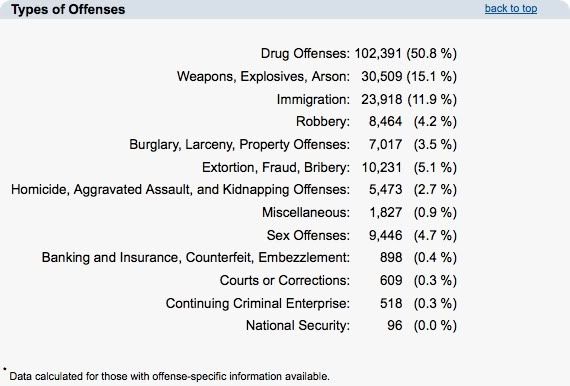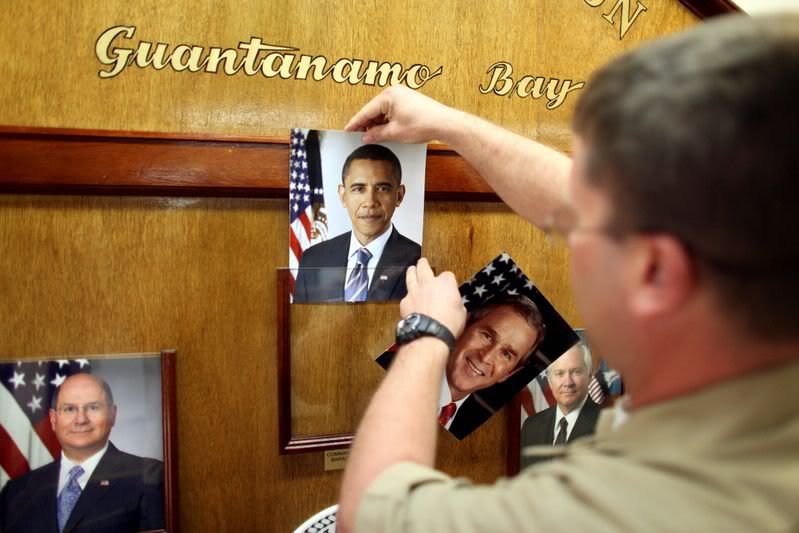This is pretty incredible and is getting very little national attention. The state of our prison system is a national disgrace, and California's system is among the worst.
For more than a week, the California prison system has been gripped by the largest hunger strike in its history. Today, campaigners say that some 12,000 inmates continue to refuse food in roughly two-thirds of the state's 32 facilities. That's down from the 30,000 who kicked off the strike, but still more than twice the number who participated in a similar action two years earlier.
The strike – which began with a group of men held in isolation in Pelican Bay State Prison before spreading across the state – was principally motivated by California's aggressive use of solitary confinement. In many cases, the strikers' demands are simple: one photo a year, one phone call per week, permission to use wall calendars.
"The prisoners are not on a suicide mission," says Roger White, campaign director of a Bay Area coalition called Prisoner Hunger Strike Solidarity. "If they didn't have hope that things could change and that CDCR [the California Department of Corrections and Rehabilitation] could actually implement the demands, they wouldn't be striking."
In 2011, a United Nations torture rapporteur called for an absolute and international ban on indefinite and prolonged solitary confinement, arguing that just a few a days locked up alone in a cell has been shown to produce lifelong mental health problems. In California, hundreds of Pelican Bay prisoners have spent a decade or more in solitary confinement – some for as many as 20 or 30 years.


